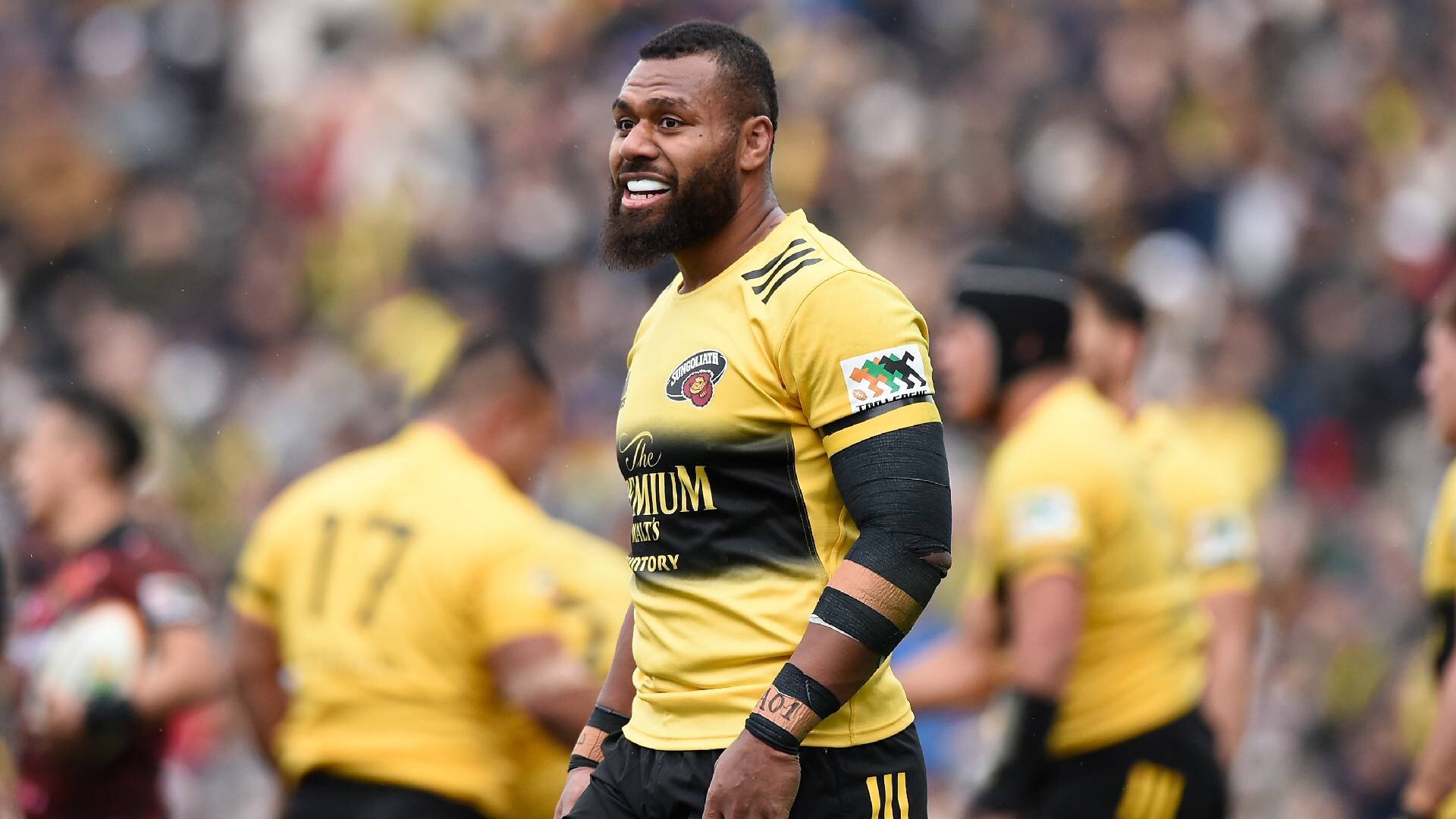World Cup shadow looms large as second season of JRLO set for kick-off

In many ways, it is appropriate that the spectre of the Rugby World Cup looms large as Japan Rugby League One kicks off when the Ricoh Black Rams Tokyo face the Mitsubishi Heavy Industries Sagamihara Dynaboars on December 17 in Tokyo.
The league is an advancement made off the back of the hugely successful 2019 global showpiece, streamlining competition with the aim of significantly raising the standard of the domestic game in Japan.
Despite the travails the world has endured since, the country is now kicking on from hosting the Rugby World Cup, with Japan Rugby League One a statement of its intent to gain a prominent place in the global club game.
In terms of star power, this process is already well underway as the competition beds in for its second season.
Seven of the Springboks who brutalised England at Twickenham last month boarded a plane to Japan shortly after, joined by their teammates Pieter Steph du Toit and Lood de Jager.
England internationals Joe Launchbury and Nathan Hughes have found homes in Japan Rugby League One while Wallabies Samu Kerevi, Marika Koroibete, Quade Cooper, Tom Banks, and Bernard Foley continue their careers in Japan and will each have an eye on the Australian World Cup squad.
While Kerevi will only make the last month of the season at best as he recovers from a knee injury sustained in this year’s Commonwealth Games Sevens, the other half of Australia’s ‘Special Ks’, Koroibete, is a marked man as his Saitama Panasonic Wild Knights pursue a third straight title.
The Wild Knights edged Tokyo Suntory Sungoliath in the last Top League final two years ago and got the better of Sungoliath again in a tight finish to the inaugural Japan Rugby League One final.
Fellow semi-finalists Kubota Spears Funabashi, Tokyo Bay, and Toshiba Brave Lupus Tokyo should also be in the fight, as will the star-studded Toyota Verblitz who will be seeking to make up for the disappointment of missing last season’s playoffs.
In a league that has been reorganised for season two, with 12 teams contesting Division One, while six do battle in the second, and five in the third Division, the stardust has been sprinkled beyond the premier section.
Serial try-scorer Israel Folau, who debuted with 10 in his maiden season in Japan, promises to light up Division Two playing for the new merger club, Urayasu-D Rocks, who twice beat Super Rugby’s Western Force this month.
His is not the only big name in what promises to be a dogfight in the race for promotion.
The MIE Honda Heat has landed the former Argentina test captain Pablo Matera, as well as Banks, while the 65-cap French lock Yoann Maestri is quite literally the biggest name added by a much-changed Toyota Industries Shuttles Aichi as the club chases back-to-back promotions.
Towering Wallaby lock Rory Arnold has also arrived, swapping Stade Toulousain for the Hino Red Dolphins.
Teams are allowed up to three foreign-capped test players. The competition for these places is heating up as the awareness of Japan Rugby League One amongst the global elite grows.
Already several big-name off-contract All Blacks have been linked with clubs for 2024.
Clubs are reporting interest from across the globe, due to the financial security, excited crowds, impressive facilities, shorter season, and the different lifestyle the Japanese game offers.
As more countries are selecting players from beyond their borders, the ability to continue Test careers while playing in Japan also holds an increasing appeal.
After being delayed by Covid, and further impacted by pandemic-enforced crowd restrictions and match cancellations, the JRLO hierarchy are upbeat heading into its’ second edition.
JRLO chairman Genichi Tamatsuka, the head of Lotte Holdings (Japan) and a highly successful Japanese businessman in his own right, is confident about the league’s future after its complicated birth.
“While the victory and the first title were deservedly won by the Saitama Panasonic Wild Knights, we were all victorious, by getting our new league up and running in such unique and difficult circumstances,” Tamatsuka says.
“We appreciate that the number of big-name players and coaches in Japan Rugby League One generates interest for fans far beyond our shores.
“This is something that we are proud of and want to build on as we look to grow the league’s identity globally, while also extending the game’s reach further across Asia.”
As season two begins, Tamatsuka’s vision is already beginning to take shape.
The competition, which includes a round of matches on Christmas Day, will run until finals at the end of May.
– Japan Rugby League One





































































